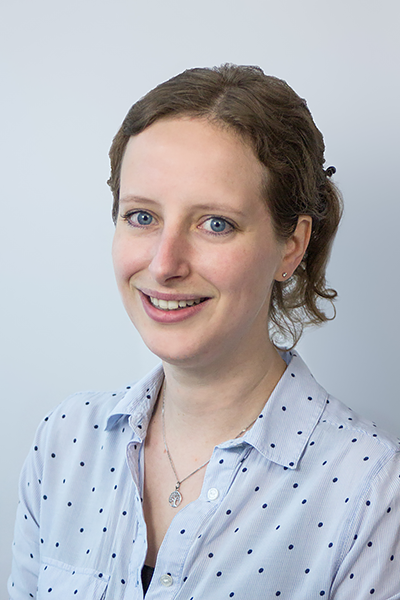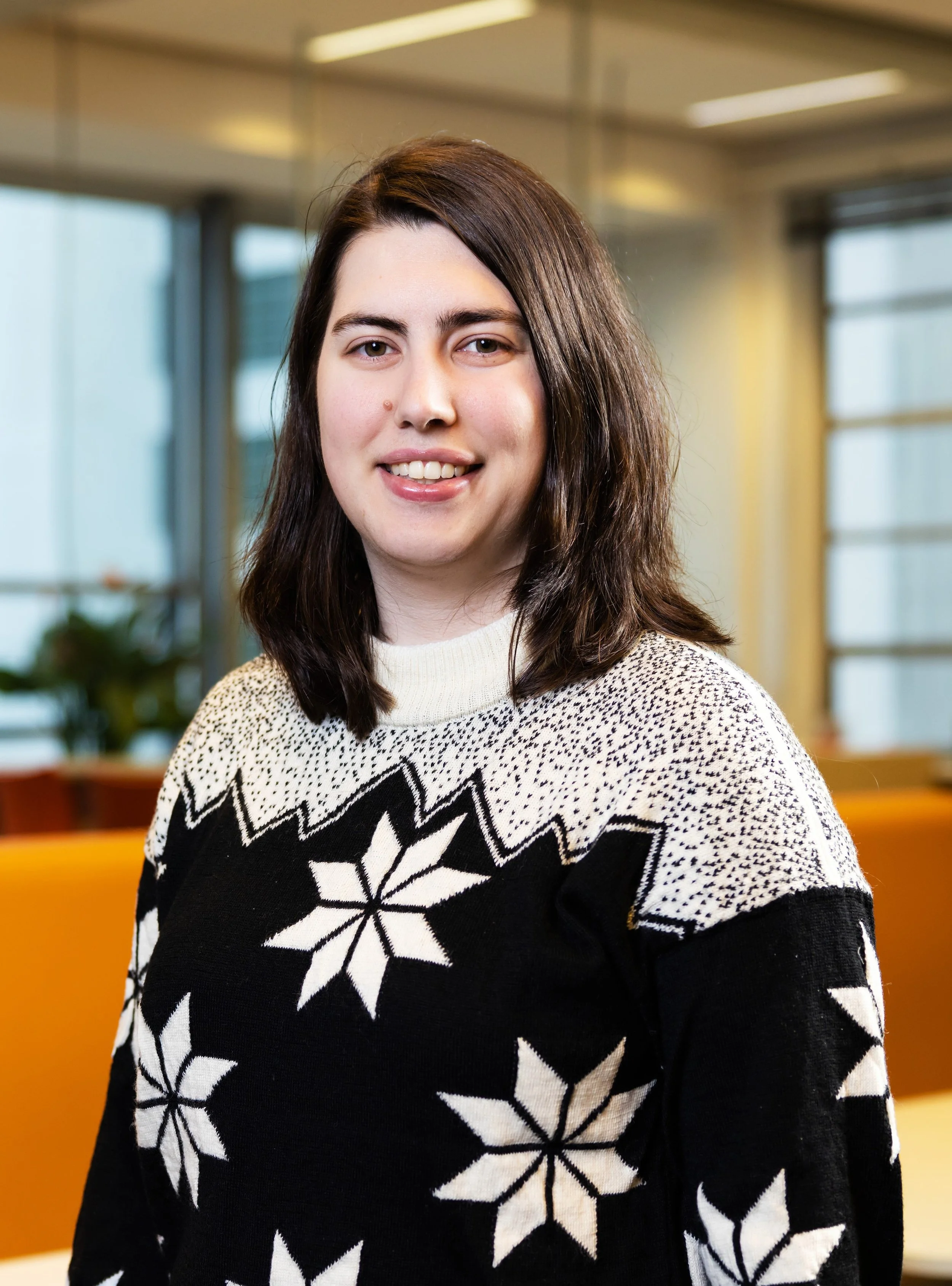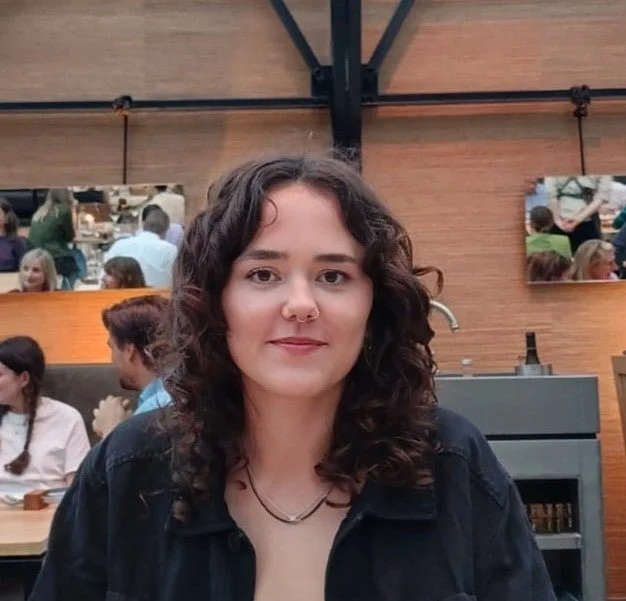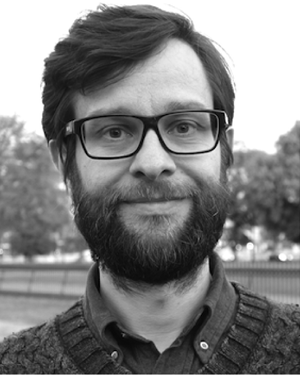Contact
Are you interested in ROBOT-BOND and its applications? Feel free to contact us!
Prof. dr. Elly Konijn
Elly A. Konijn is a professor of Media Psychology in the Department of Communication Science at Vrije Universiteit Amsterdam. Building on her multidisciplinary background in Psychology, Social Scientific Information Systems, and Media Studies, she has established and developed the unique Media Psychology Amsterdam graduate and research program.
Her research is based on 3 interconnected research directions: 1) Relating to media figures, avatars and social robots; 2) Emotions and media-based reality perceptions; 3) Media use among adolescents.
Konijn’s research has been published in major scientific journals in the field and books, and it has been presented in professional documentaries, invited lectures and media appearances. She was chair of the Information Systems division in the International Communication Association, and editor of the journal of Media Psychology.
In total, Elly has received over 17.5 million euros in research funds, including several prestigious grants and awards (among which the ERC Advanced Grant, EU MSCA Doctoral Network Grant, NWO Open Competition Digitalisation Grant, multiple PhD-Talent grants, the KNAW Huibregtsen prize, the NWO/KNAW Eureka prize, NWO Aspasia grants).
Dr. Tessa Beinema
Tessa Beinema is a postdoctoral researcher in the Department of Communication Science at Vrije Universiteit Amsterdam. Her interests lie in the development of personalized eHealth applications (apps, portals, chatbots, robots) and the study of how people interact with them. She actively collaborates with domain experts and uses her background in AI, along with her research and industry experience, to make intelligent interactions in these applications more adaptable for a general public. Her focus is mainly on applications of conversational agents, like chatbots and robots, for coaching, counselling and shared decision making. Within ROBOT-BOND she focuses on the applications of social robots in healthcare for adolescents with mood disorders.
Dr. Marieke van OTterdijk
Marieke van Otterdijk is a postdoctoral research associate in the Department of Communication Science, at Vrije Universiteit Amsterdam. With her multidisciplinary background in Psychology, Interaction Design and Informatics, she has focused her research on Human-Robot Interaction. Her research is focused on 1) Understanding and designing non-verbal robot behaviour 2) The dual processing theory and eye-tracking, and 3) The use of robots in healthcare.
Van Otterdijk’s works has been published in several scientific journals and conferences. In addition, she is involved in supervising students.
Peggy van Minkelen, MA
Peggy van Minkelen is a PhD candidate in the Department of Communication Science at Vrije Universiteit Amsterdam. Her research focuses on how, why and under which circumstances humans can build a bond with a social robot. She researches this in field- and lab- studies, combining subjective and objective measurements, and in collaboration with colleagues from computational linguistics.
Caterina Ceccato, MSc
Caterina Ceccato is a PhD candidate in the Department of Communication Science at Vrije Universiteit Amsterdam. With a background in Cognitive Science and Artificial Intelligence, her research focuses on the Human-Robot Interaction, where she investigates both subjective objectives measurements (e.g. brain activity). With experience in Social Robotics and Brain-Computer Interfaces (BCIs), she uses EEG to measure brain activity during interactions with robots. Ultimately, her research aims at improving the communication between humans and robots.
Veerle Hobbelink, MSc
Veerle Hobbelink is an external PhD candidate at Vrije Universiteit Amsterdam and Utrecht University of Applied Sciences. At the Utrecht University of Applied Sciences she is a lecturer, teaching AI and Social Robots. She has a background and interest in neurocognitive sciences and AI. Her PhD project focuses on how social robots can be included in arithmetic education for children who need it the most, such as those with attention difficulties. The aim is to map the interaction between individual differences among children and various behavioral styles of social robots. This research also examines long-term effects and neurophysiological measurements, such as EEG. This research will try to bridge the gap between the fields of education and social robotics , in order to provide the best support for children.
Veerle has received a PhD-Talent grant for the project “Optimizing Robot Tutors for Underperforming Children in Arithmetic Education” from the Dutch Research Council (NWO).
Dr. Thomas Baier
Thomas Baier has studied physics at the Technical University of Munich, Germany. He has then pursued a PhD in physics and its applications at the Central European University of Budapest, Hungary. He now works as postdoctoral researcher in the Department of Communication Science at Vrije Universiteit Amsterdam. He brings his former experience, including work on the Alani project, to the technical integration and control of robots within ROBOT-BOND
DR. Daniel Preciado vanegas
Daniel Preciado Vanegas is an assistant professor in the Department of Communication Science at the Vrije Universiteit Amsterdam. His research focuses on better understanding the biological, psychological and social effects of interaction with artificial social agents (robots, chatbots, avatars, etc.), and how this knowledge can be used to develop effective and engaging social technologies in a responsible and ethical way. With a background in experimental psychology and neuroscience, his research integrates brain imaging, psychophysiology, and subjective self-reported measures to better understand the experience of interacting with artificial agents and the potential psychological and social effects of such interactions.








